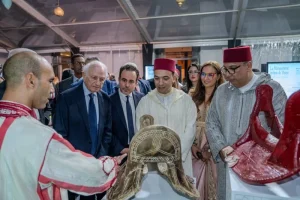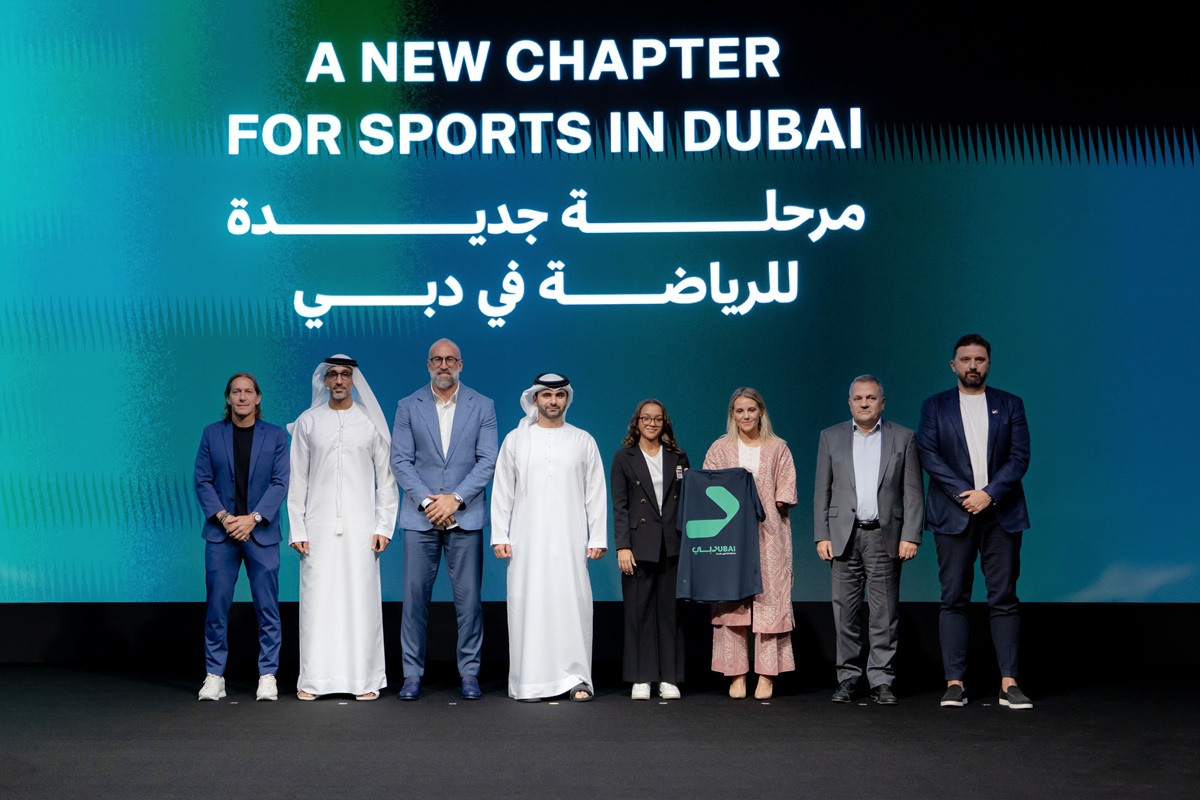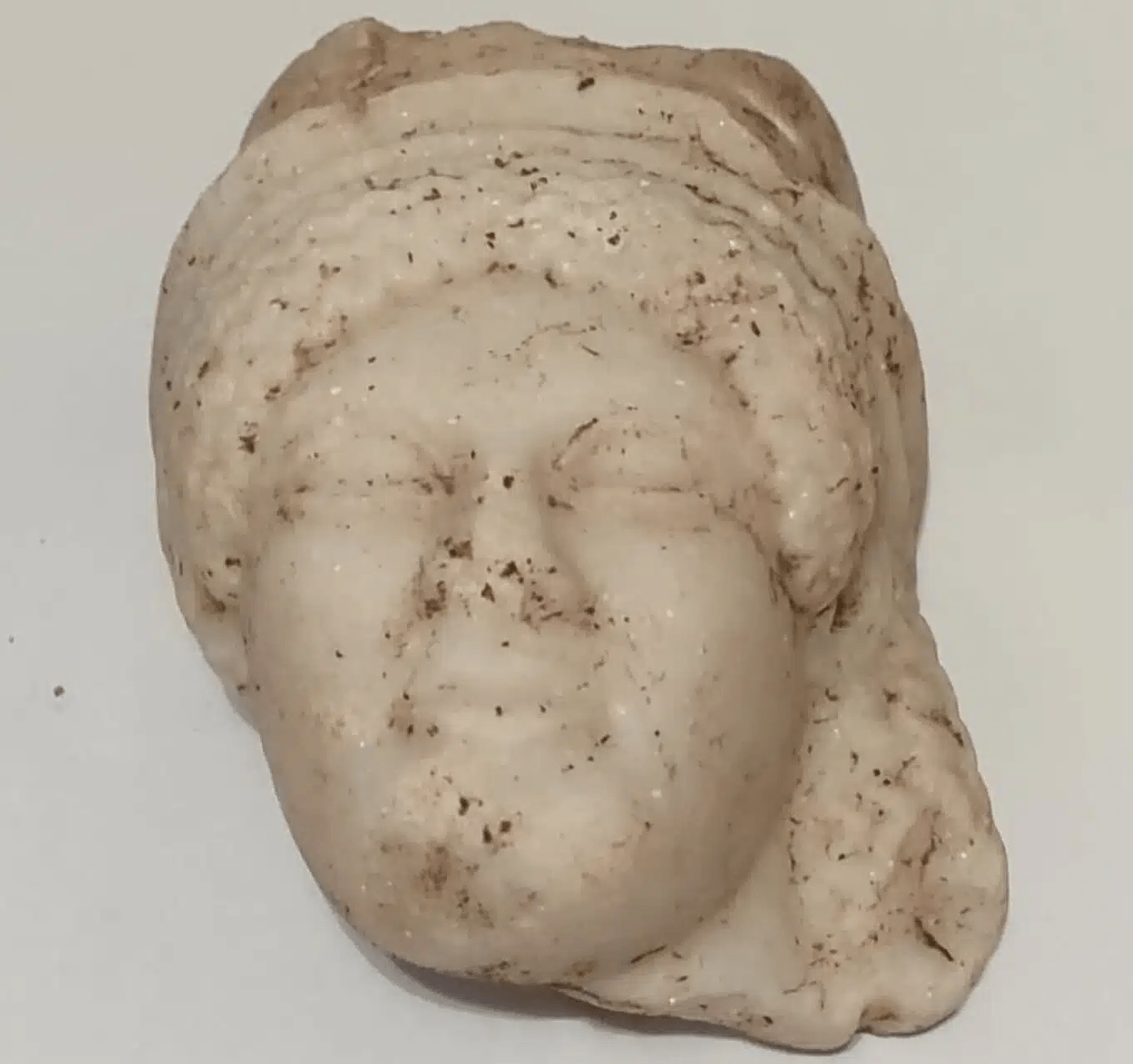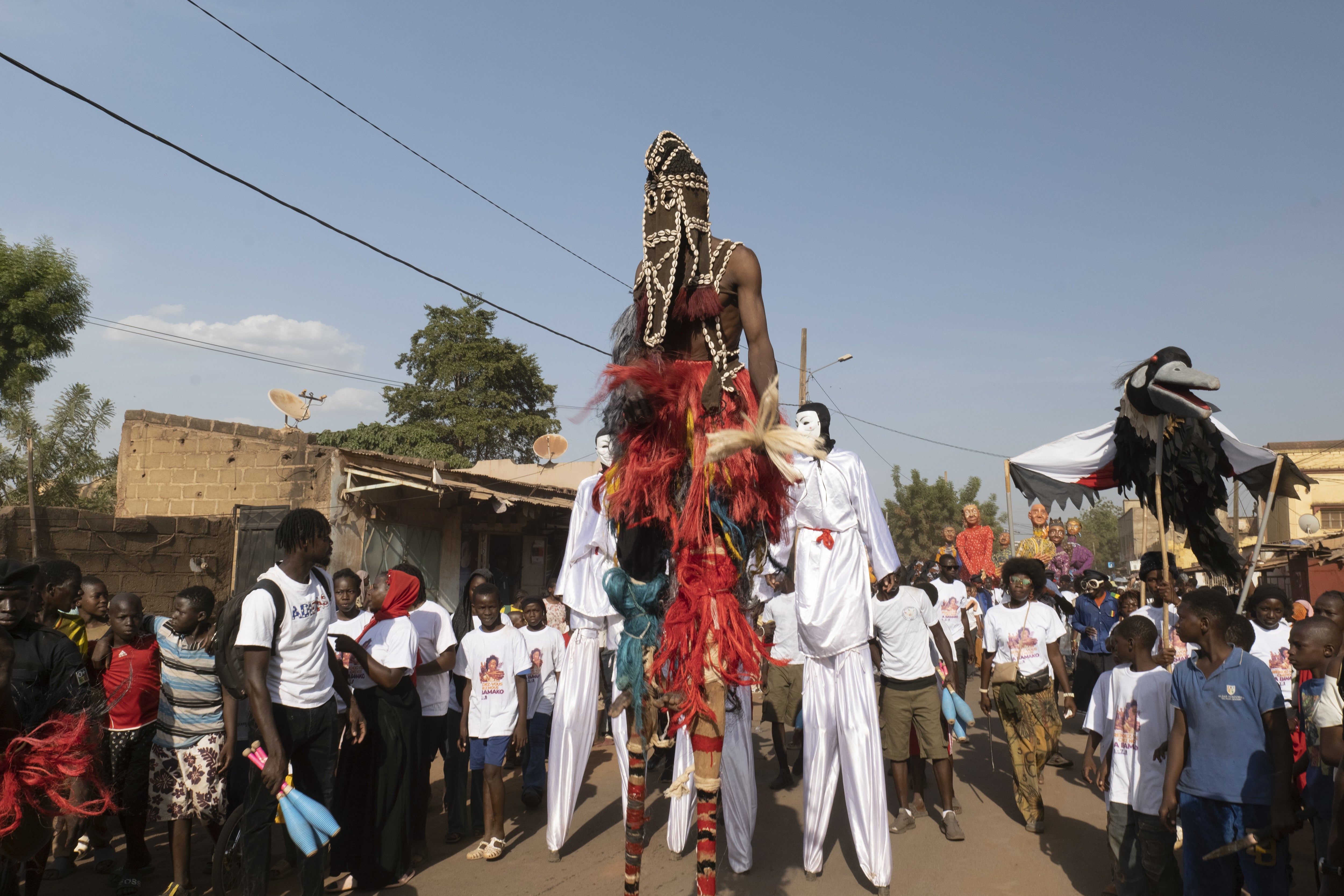Morocco and Tunisia: How music shapes culture and youth

Music remains a defining force in the Maghreb, shaping both cultural expression and social engagement. From Morocco to Tunisia, young artists and audiences navigate a landscape marked by commercial spectacle, international recognition, and grassroots creativity.
Moroccan-Dutch singer Inez has emerged as a prominent figure in this environment, according to a report by The New Arab on October 10. Drawing on her Moroccan roots and European upbringing, she blends Arabic, Dutch, and French influences into her music. Inez’s viral hits, such as Menak Wla Meni and My Love, have earned her widespread acclaim, culminating in a nomination for the All Africa Music Awards (AFRIMA) for Best North African Female Artist. In interviews, she emphasises authenticity and emotional resonance in her music, reflecting her personal experiences and cultural heritage. Her trajectory highlights the opportunities for artists who can bridge local traditions and global platforms.
Meanwhile, large-scale events like Morocco’s Mawazine festival illustrate the tension between cultural promotion and public perception. While the festival attracts international stars and generates global attention, it has faced criticism for its high costs and the limited visibility of Moroccan performers. Social media campaigns have argued that taxpayer-funded events could instead support humanitarian or local initiatives, such as aid for Palestinians in Gaza. Attendance data and public sentiment suggest a disconnect between organisers’ objectives and audience priorities, raising questions about the allocation of resources and cultural representation.
Across the border in Tunisia, grassroots programs like Tunisia 88 showcase a different approach to music’s role in society. Established in 2017, the initiative provides instruments, training, and creative spaces for students in under-resourced areas, particularly in Haffouz. The clubs emphasise collaboration, leadership, and mental well-being, offering a constructive outlet amid high unemployment and social challenges. Participants not only rehearse and perform music but also engage in media and organisational projects, demonstrating how structured support can foster skills and resilience among youths.
Together, these examples reveal a multifaceted music landscape in North Africa. From international acclaim to civic engagement, music serves as a lens to examine cultural identity, social priorities, and the opportunities and constraints faced by artists and communities alike. While festival stages and digital platforms amplify talent and visibility, grassroots initiatives remain crucial for sustaining access, equity, and local impact.
The New Arab, Maghrebi.org
Want to chase the pulse of North Africa?
Subscribe to receive our FREE weekly PDF magazine














